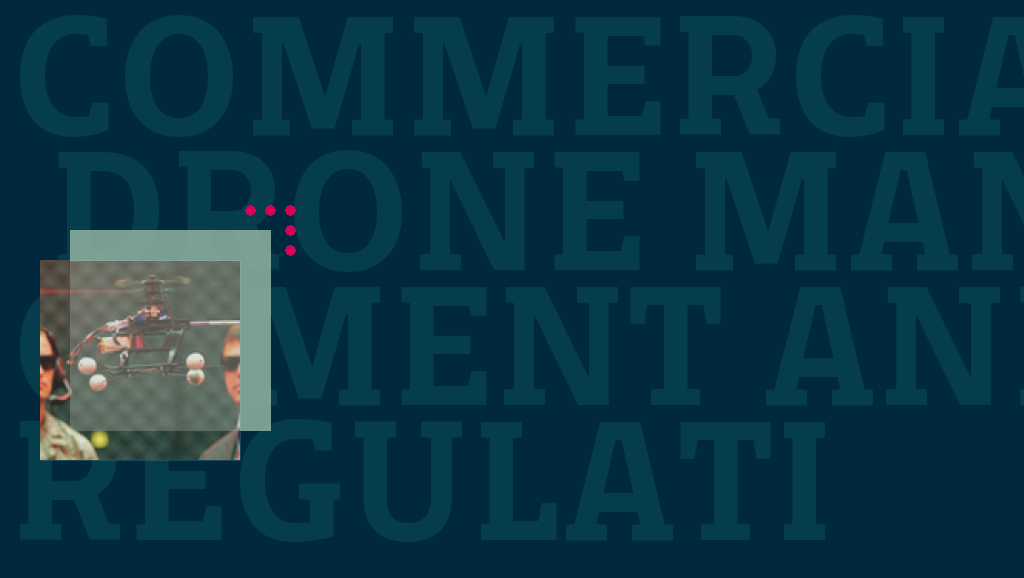Two years ago I wrote an article about the use of drones and other robot devices in warfare. Times have moved on however, and now drones are much smaller and cheaper, and this has lead to suggestions that their use on mass will present privacy issues for the general public.
The market for Unmanned Aircraft Systems (UAS) is growing at an incredible rate, mainly due to the dramatic lowering of prices and non-regulation of their use. To give you an idea, $600 US will buy you a miniature quadcopter. Perfect for the beginner with a plate already mounted for the camera.
If you require something a little more heavyweight why not take a look at the CropCam? At $6999 US this hand launched vehicle a GPS navigation autopilot, lands and photos automatically depending on the programmed coordinates and can travel at up to 60 km per hour.
As the name suggests, this vehicle is aimed at the commercial farming market, but could be used in many other fields.
One issue that privacy rights advocates cite is the lack of regulation upon the use of such vehicles. In current US law airspace above 400 ft is non private, and so difficult to regulate. This makes these machines interesting to many different types of customer, from news agencies to traffic regulators and security companies. One concern is that the vehicles can be fitted with face recognition software, thermal imaging and license plate readers, and many see this as problematic.
This summer the Association for Unmanned Vehicle Systems International (AUVSI) launched a code of conduct for the industry, in the light of a new law in the USA that allows anyone to operate one of these systems (see the Federal Aviation Administration Modernization and Reform Act of 2012). Privacy groups take no comfort from the code of conduct. It is voluntary and extremely general, has no enforcement mandate, contains no discussion at all about the myriad potential privacy and safety issues raised by unrestricted drone use over U.S. airspace, and there is nothing about the intended audience or user. They argue that even compared to widely criticized codes of conduct such as that operated by the Interactive Advertising Bureau or the Digital Signage Federation’s Privacy Standards Code the AUVSI document is sorely lacking.
As a result of the act cited above however one US Senator however is trying to take action. Sen. Rand Paul introduced a bill in June of this year that aims at protecting Americans against unwanted drone surveillance. The stated aim of his “Preserving Freedom from Unwarranted Surveillance Act of 2012” is to protect Americans’ personal privacy. His press release is available here and the bill can be read and its progress monitored here.
———————
(photo: USA/ by sam_churchill from Flickr)
















